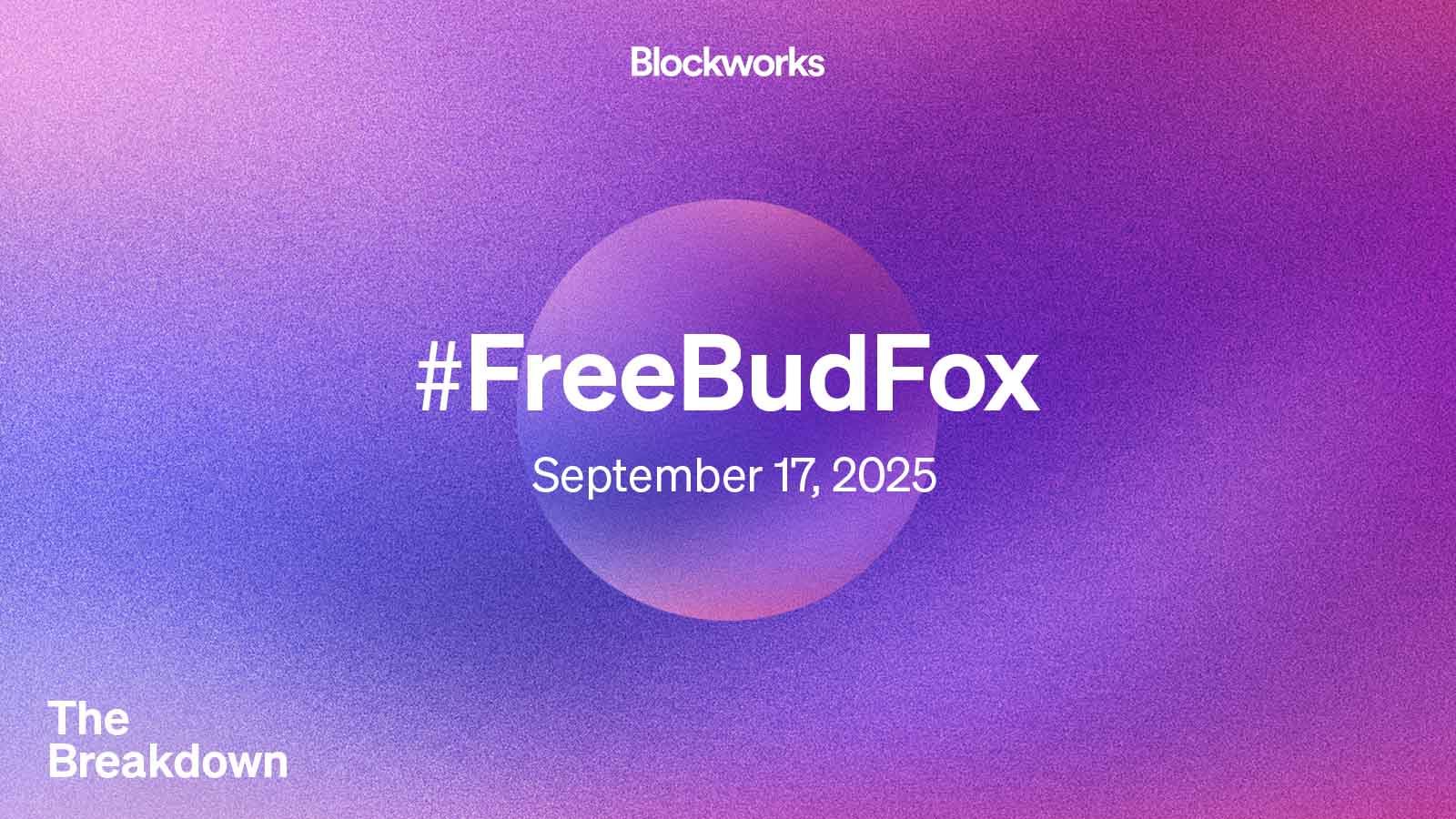Aave, Uniswap, Lido and others launch Ethereum policy group
Top Ethereum protocols, including Aave, Uniswap, and Lido, launched a global advocacy group focused on crypto policy.
- Seven top Ethereum protocols have launched a global policy advocacy group
- Aave, Aragon, Curve, Lido, Spark, The Graph, and Uniswap joined
- The group will focus on pushing pro-crypto regulation
As crypto adoption accelerates, regulators around the world race to catch up. For this reason, major Ethereum ecosystem players are starting a joint advocacy effort. On Wednesday, Nov. 5, seven key infrastructure builders announced the Ethereum Protocol Advocacy Alliance to advance global policy change.
The protocols involved include some of the most significant infrastructure players in the Ethereum (ETH) ecosystem. Namely, Aave, Aragon, Curve, Lido, Spark, The Graph, and Uniswap have joined the initiative. Collectively, these players secure over, $100 billion in on-chain assets.
Ethereum protocols say retail investors want decentralization
The initiative highlighted growing public interest in crypto. According to a Strategy & PwC network survey, retail adoption of crypto is on the rise. Notably, typical portfolio allocations range from 5% to 20%.
At the same time, a study by the DeFi Education Fund and Ipsos found that 56% of Americans want personal control over their money. What is more, 42% say that they would like to try DeFi if legislators passed clear rules about the emerging industry. According to Lido Labs, Ethereum provides this decentralization.
Crypto firms have spent over $130 million on the 2024 U.S. elections, after which the regulatory environment for the industry changed substantially. Industry groups are now amassing an even larger war chest totaling $263 million for U.S. midterm elections.
You May Also Like

Let insiders trade – Blockworks

XRP price rebounds off lower band as new XRP Ledger wallets surge to 8-month high
